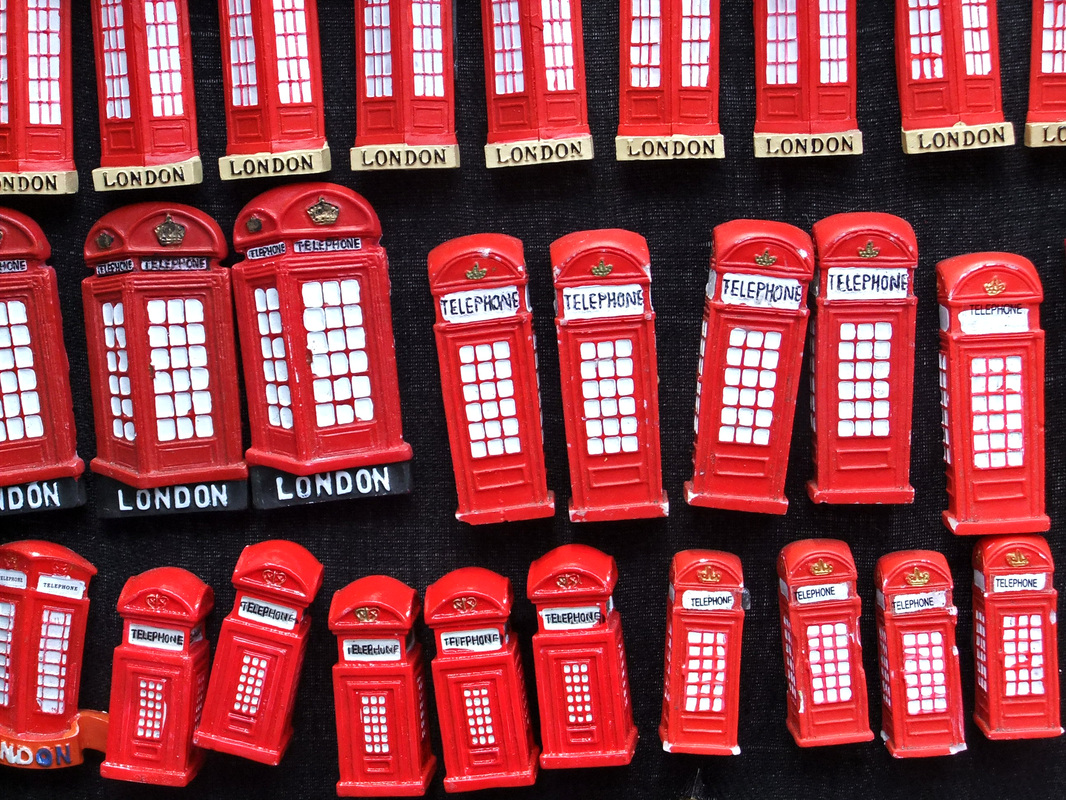Here is the vocabulary from last Saturday's English conversation walk. I can't believe how lucky we were with the weather ... it stayed dry and sunny all day. Half-an-hour after I got home, it thundered and hailed!
Thank you for all your hard work doing the history research and making it such an enjoyable afternoon.
I look forward to seeing you again soon.
Best Wishes
Gail
Vocabulary:
To moan (verb): To keep saying what is wrong with something. To complain. E.g. The English always moan about the weather!
A moan (noun): E.g. She had a moan about all the work her manager expected her to do.
Touristy (adjective) (informal): Usually used negatively. Relating to or visited by tourists. It’s often used to suggest a lack of authenticity. E.g. A touristy shopping street.
Note: The word ‘touristic’ does not exist!
A pond (noun): An area of water that is smaller than a lake. E.g. she built a pond in her garden.
To borrow (something from somebody) (verb): To take or receive something from somebody that you intend to give back, usually after a short time. E.g. Can I borrow your pen for a minute, please? E.g. I borrowed some money from the bank to pay for my new car.
To lend (something to somebody) (verb): To allow somebody to use something for a short time. And to give somebody money that must be paid back after a certain period of time. E.g. Could you lend me £10 until Friday? E.g. He lent me his bicycle / he lent his bicycle to me.
A disease (noun): An illness of the body in humans, animals or plants. Trees and plants cannot be ‘sick’ – they can only be ‘diseased’. E.g. The trees became so diseased that they died. E.g. When we passed Barn Elms Playing Fields, I explained that his area got its name from the number of Elm trees that used to grow there. However, in 1970s, Dutch Elm disease killed the majority of Elm trees across the UK.
April Showers (expression): The expression we use to describe the short bursts of rain in spring.
A shower (noun): (see above) a short period of rain, often heavy.
To row (verb): To move a boat through the water using oars (= the long thin pieces of wood with flat parts at the end). E.g. There were lots of people rowing on the Thames last Saturday.
A knee-length skirt (adjective/noun): If we want to describe an item of clothing by its length, we often specify the area of the body where the clothing reaches too. E.g. The children had to wear knee-length skirts to school. E.g. She wore an ankle-length coat in winter.
Packed (adjective): Crowded tightly together. E.g. The museum was packed with tourists / packed full of tourists. (negative meaning) E.g. The train is always packed in rush hour. (negative meaning) E.g. My sandwich is packed full of cheese and salad. It’s lovely. (positive meaning)
Common (adjective): usual
E.g. It’s common for a student to feel silly/embarrassed when we make mistakes learning English.
E.g. We make common mistakes.
Note: We can’t say: ‘I have to return to my common work. We can say: ‘I have to return to my usual work.
Common (adjective / expression): ordinary, not special.
E.g. The officers had much better living conditions than the common soldiers.
E.g. We often refer to the ‘common man’ = ordinary people, not the wealthy, politicians, celebrities etc.
E.g. It’s common to meet foreign people in London (= it’s nothing unusual or strange)
To differentiate (between one thing and another) (verb): To see or show how things are different between A and B. E.g. It’s difficult to differentiate (hear the difference) between a Scottish and a Welsh accent if you are an English language student.
The ground (noun): The solid surface of the earth. E.g. We sat on the ground to eat our picnic.
The grounds (noun): The land or gardens surrounding a large house or building. E.g. The grounds of Fulham Palace are lovely in spring.
Grounds (for something or for doing something): A reason for something. E.g. She divorced her husband on grounds of cruelty. E.g. The grounds for her dismissal were dishonesty.
Rhubarb (noun): A plant with red stalks (= the long thin parts) that can be cooked and eaten as fruit. We usually call the stalks ‘sticks of rhubarb’ when buying them.
To stroll (verb): To walk slowly for pleasure. E.g. Let’s stroll along the beach before dinner.
A stroll (noun): A slow walk for pleasure. E.g. She went for a stroll through the grounds of Fulham Palace.
 RSS Feed
RSS Feed
